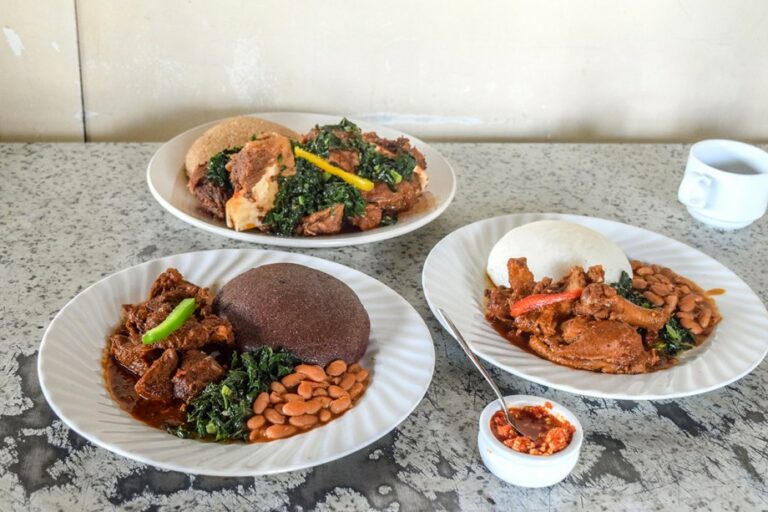Introduction: A Look at Zimbabwean Beverages
Zimbabwe, located in Southern Africa, is a country that is rich in culture and tradition. The country’s diverse ethnic groups have contributed significantly to the development of numerous unique and traditional beverages. These drinks are not only refreshing but also have significant cultural and historical significance.
History and Significance of Traditional Beverages
Traditionally, Zimbabwean beverages were brewed for special occasions such as weddings, initiation ceremonies, and other important events. They were considered the centerpiece of cultural and spiritual celebrations and played a crucial role in bringing people together. These beverages were also used for medicinal purposes to treat various ailments, and their recipes were passed down from generation to generation.
Popular Traditional Beverages in Zimbabwe
One of the most popular traditional beverages in Zimbabwe is maheu. This is a non-alcoholic drink made from fermented grains and has a sweet and sour taste. Another popular beverage is chibuku, which is made from sorghum and yeast. This drink is famous for its low alcohol content, and it is often consumed in large quantities during social gatherings.
Ingredients and Preparation Methods
Traditional beverages in Zimbabwe are often made from locally sourced ingredients. For example, maheu is made from maize, while chibuku is made from sorghum. The preparation methods for these beverages vary, but most involve fermenting the ingredients for several days or weeks. It is a labor-intensive process that requires patience and skill.
Role of Traditional Beverages in Zimbabwean Culture
Traditional beverages play a vital role in Zimbabwean culture. They are often served during important cultural and religious ceremonies and are used to bring people together. They are also believed to have medicinal properties, and some are used to treat various ailments. Traditional beverages are an essential part of Zimbabwe’s cultural heritage and are a symbol of the country’s diversity.
Conclusion: The Future of Traditional Beverages in Zimbabwe
Despite the popularity of international beverages, traditional Zimbabwean beverages continue to hold an important place in the country’s culture. As more people become interested in preserving Zimbabwe’s cultural heritage, traditional beverages are becoming more widely recognized and appreciated. The future of Zimbabwean beverages is bright, and they are sure to remain an essential part of the country’s cultural identity.

